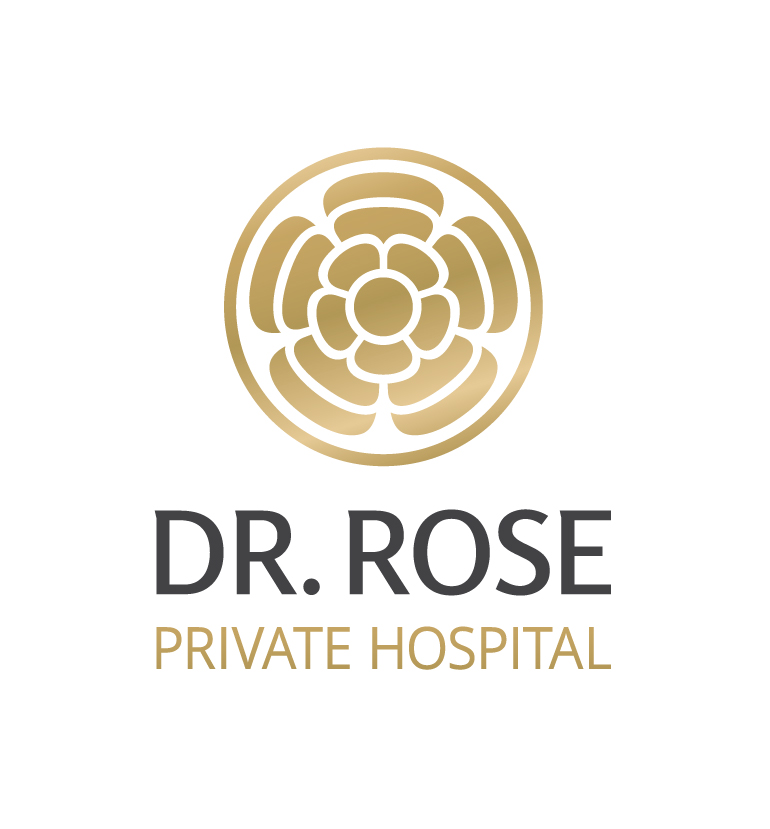40% Of Young People Take Counterfeit Dietary Supplements In Hungary
- 28 May 2020 12:15 PM
- Budapest Business Journal

According to a recent survey by the National Anti-Counterfeiting Board (HENT) this year, nearly 40% of young people have encountered a counterfeit dietary supplement.
In Hungary, the demand for food supplements is constantly growing. The increase is significant among the 18-22 year old age group: while in 2018, 31% of them took such drugs, by 2019 this rate had risen to 46.7%.
Gyula Pomázi, president of the National Office of Intellectual Property and vice president of HENT, said that certain weight loss products combined with proper diet and exercise could be a solution for people with weight problems.
However, the distinction between reliable dietary products is made more difficult by the fact that the vast majority of them are dietary supplements, which in accordance with current EU practice do not undergo a pre-marketing testing process.




























LATEST NEWS IN health & wellness